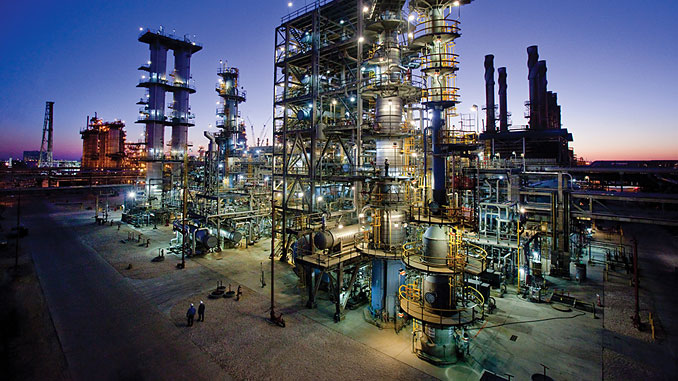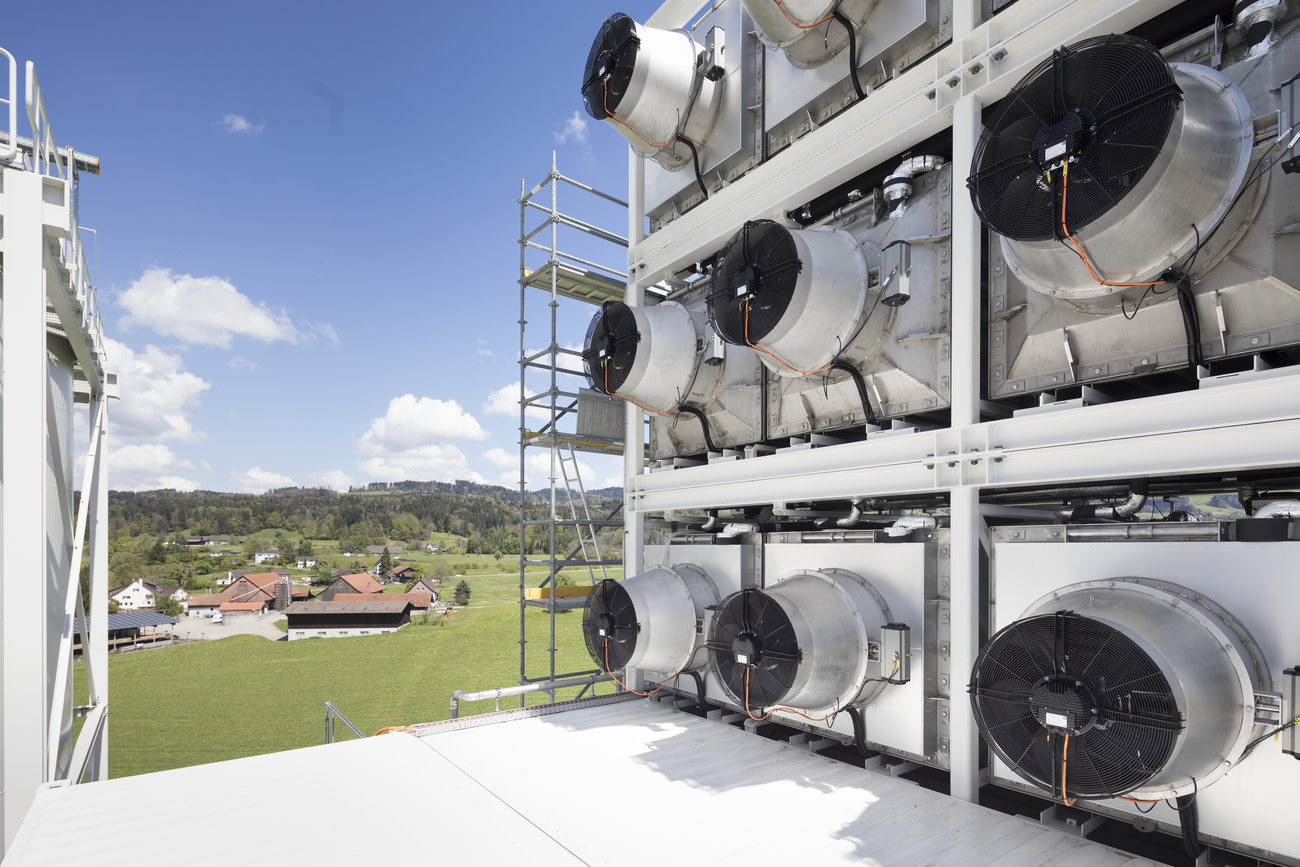ExxonMobil intends to build a Baytown complex for hydrogen production, carbon capture, and storage
Exxon Mobil Corp

At its integrated refining and petrochemical site in Baytown, Texas, ExxonMobil announced today that it is preparing to build a hydrogen production facility and one of the largest carbon capture and storage projects in the world. These projects will support efforts to reduce emissions from company operations and local industry.
Carbon capture project would be one of the largest in the world and double company's industry-leading capacity. Hydrogen and carbon capture capacity to help industry reduce emissions. Hydrogen would fuel olefins plant, reduce integrated site emissions by up to 30%.
According to Joe Blommaert, president of ExxonMobil Low Carbon Solutions,
"hydrogen has the potential to significantly reduce CO2 emissions in critical sectors of the economy and create useful, lower-emissions products that support modern life."
This project can significantly contribute to achieving America's lower-emission goals by aiding in the emergence of new markets for hydrogen and carbon capture and storage.
The proposed hydrogen facility would produce "blue" hydrogen, a term used in the industry to describe hydrogen made from natural gas and supported by carbon capture and storage, at a rate of up to 1 billion cubic feet per day. More than doubling ExxonMobil's current capacity, the carbon capture infrastructure for this project would be able to transport and store up to 10 million metric tonnes of CO2 annually.
In order to help ExxonMobil reach its goal of having net zero greenhouse gas emissions from its operated assets by the year 2050, the Baytown Olefins plant could reduce Scope 1 and 2 CO2 emissions by up to 30%. Additionally, it would allow the facility to produce products with fewer emissions for its clients. Local industry would have access to excess hydrogen and CO2 storage capacity.
With an initial target of approximately 50 million metric tonnes of CO2 per year by 2030 and 100 million metric tonnes by 2040, the project would represent ExxonMobil's initial contribution to an extensive, cross-industry effort to establish a Houston carbon capture and storage hub. A final investment decision is anticipated in two to three years, subject to stakeholder support, regulatory approval, and market conditions. Evaluation and planning for the Baytown project are still ongoing.
ExxonMobil produces about 1.5 billion cubic feet of hydrogen per day and has a lot of experience with it. The company is evaluating strategic investments to increase the use of this significant lower-emissions energy technology and is in a unique position to participate in the expanding hydrogen market.
The business's more than 30 years of expertise in CO2 capture and long-term storage are equally significant. More human-made CO2 has been captured over time by ExxonMobil than by any other company, and it owns an equity stake in roughly one-fifth of the global carbon capture and storage capacity, or about 9 million metric tonnes per year.
With a focus on carbon capture and storage, hydrogen, and biofuels—technologies where the company can make use of its core competencies and competitive advantages—ExxonMobil Low Carbon Solutions was founded to commercialise low-emission technologies. The company intends to spend more than $15 billion over the next six years on initiatives to reduce emissions, and it may increase spending if technology and policy developments permit it.
The deployment of critical technologies will be accelerated by sensible government policies at the rate and scale necessary to support a net-zero future for society. To encourage the development and scalability of a wide range of low-emission technologies, including hydrogen and carbon capture and storage, predictable, stable, and cost-effective policies are required. ExxonMobil is still in favour of putting an explicit price on carbon in order to create stable incentives and promote investment.
By reducing its own emissions intensity and creating and utilising emission-reducing technologies and products, ExxonMobil is dedicated to assisting society in reducing overall greenhouse gas emissions. The switch from higher-emission alternatives is made possible by expanding the supply of goods with lower life cycle greenhouse gas emissions.
Source: ExxonMobil news






